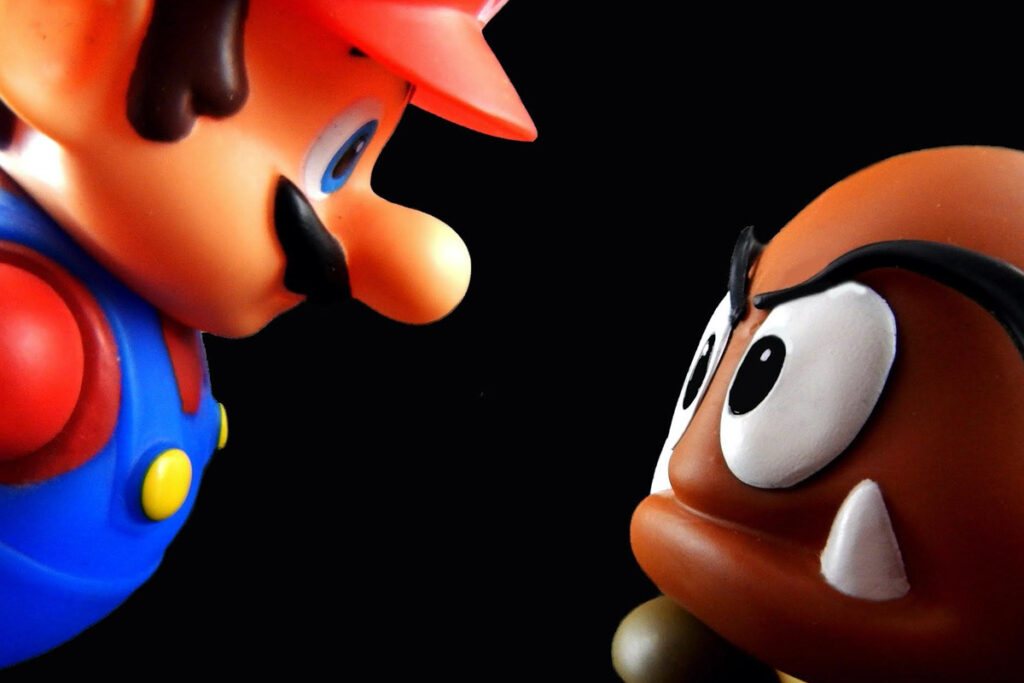It’s no secret that game developers don’t always receive the financial compensation they deserve. In fact, many devs have to rely on royalties in order to make a livable wage. But what exactly are royalties, and do all game developers receive them?
Royalties are payments made to someone for the use of their intellectual property, such as a patent, copyrighted work, or trademark. In the case of game developers, royalties are usually paid for each unit sold of a particular game. So, if a game developer has created a hit game that sells millions of copies, they stand to make a significant amount of money in royalties.
However, not all game developers receive royalties. In many cases, publishers will only pay royalties to the lead developer or studio. For example, if a large publisher releases a game that was developed by an independent studio, the publisher may not feel the need to pay royalties to the devs since they’re already making a profit from game sales. Additionally, some developers may choose to forgo royalties in exchange for a higher up-front payment, or they may receive a lower royalty rate in order to get their game published by a major publisher.
At the end of the day, it really depends on the particular situation and contract between the developer and publisher. But it’s safe to say that not all game developers receive royalties for their games.
The Different Types Of Royalties Game

- Up-front Payment: A one-time payment made to the developer before the game is released. This type of payment is often used to offset the costs of development, and it is typically paid by the publisher.
- Recoupable Advance: An advance that is paid to the developer and then deducted from future royalties earned. This type of advance is typically used for marketing or other expenses related to releasing the game.
- Non-recoupable Advance: An advance that is paid to the developer and does not need to be repaid. This type of advance is typically used for development costs.
- Royalty Rate: A percentage of game sales that is paid to the developer. The royalty rate is typically negotiable between the developer and publisher.
- Minimum Guarantee: A minimum amount of money that the publisher agrees to pay the developer, regardless of game sales. This type of guarantee is typically used to offset the costs of development.
As you can see, there are a variety of ways that developers can be compensated for their games. Which method is used often depends on the relationship between the developer and publisher, as well as the particular game itself.
It’s important to note that not all game developers receive royalties. In many cases, publishers will only pay royalties to the lead developer or studio. For example, if a large publisher releases a game that was developed by an independent studio, the publisher may not feel the need to pay royalties to the devs since they’re already making a profit from game sales.
Royalties In Game Development
The games industry has been increasingly relying on the use of royalties as a way to financially compensate developers.
This is especially true in the mobile games market, where app stores take a 30% cut of all revenue generated. This leaves game developers with only 70% of the revenue to work with, which can make it difficult to turn a profit – especially when the costs of developing and marketing a game are taken into account.
In order to make up for this, many developers rely on royalties to supplement their income. This way, they can still earn money from their games even after they have been released.
How Much Money Can Game Developers Make From Royalties?

The amount of money that game developer can make from royalties varies depending on a number of factors, such as the type of game, the platform it is released on, and the number of copies sold.
For example, console games tend to sell for a higher price than mobile games. This means that developers who release their games on consoles can potentially earn more money in royalties than those who release on mobile.
Additionally, the number of copies sold also has a big impact on royalty payments. A game that sells millions of copies will generate much more revenue – and therefore more royalties – than a game that only sells a few thousand copies.
Finally, it’s important to keep in mind that not all developers receive royalties. As we mentioned before, some may choose to forgo royalties in exchange for a higher up-front payment. Others may receive a lower royalty rate in order to get their game published by a major publisher.
Overall, the amount of money that game developers can make from royalties depends on a number of factors. However, it’s safe to say that developers who release their games on popular platforms and generate high sales numbers can potentially earn a lot of money in royalties.
Video Game Royalties Advantages & Disadvantages
There are both advantages and disadvantages to using royalties as a way to finance game development.
On the one hand, royalties can provide a steady stream of income for developers even after their games have been released. This can be helpful in offsetting the costs of developing and marketing a game. Additionally, royalties can incentivize developers to create high-quality games that will sell well, since they stand to make more money from higher sales numbers.
On the other hand, some developers may view royalties as a risky way to finance their projects. This is because they may not receive any payments if their games don’t sell well. Additionally, royalties can create tension between developers and publishers, since the latter may want to keep all or most of the revenue generated by the game.
Ultimately, whether or not royalties are a good idea for game development depends on the specific situation and contract between the developer and publisher. However, it’s safe to say that not all developers receive royalties for their work.
Final Thoughts
In conclusion, game developers may or may not receive royalties for their work. This depends on a number of factors, such as the type of game, the platform it is released on, and the number of copies sold. Some developers may choose to forgo royalties in exchange for a higher up-front payment, while others may receive a lower royalty rate in order to get their game published by a major publisher.

